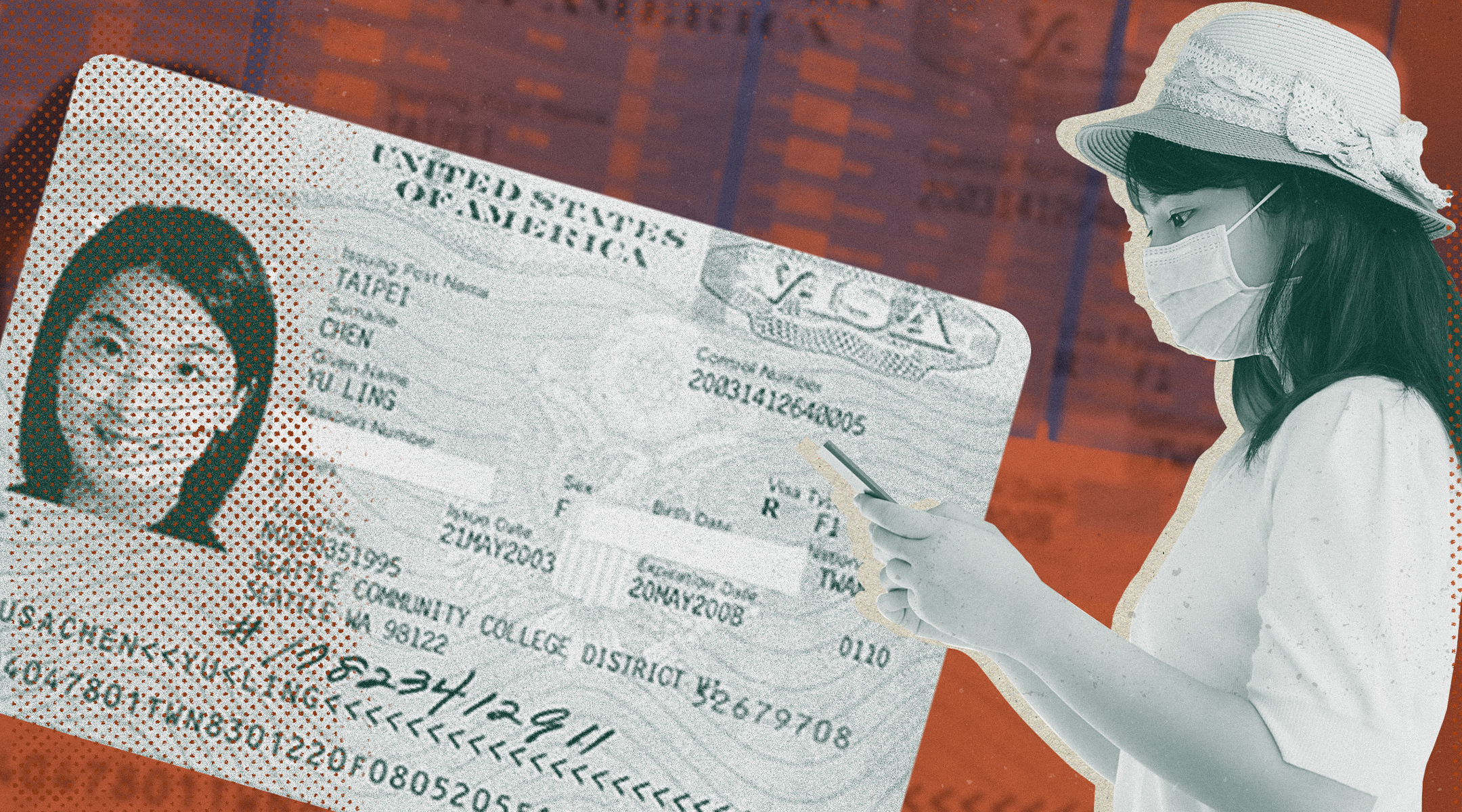The Value of International Recruitment Agents
The primary appeal of agent partnerships for universities is the influence agents have on prospective international students, especially in the mega-markets of China and India. The QS 2020 International Student Survey, compiled from close to 80,000 responses, showed a majority of students reported to trust agents to have accurate and up-to-date information about universities; 37 percent said an agent will influence their college choice; and 65 percent said agents were useful in pursuing study overseas.
Telltale signs of unethical agent behavior include the agent seeking to bypass or modify application requirements, or routinely referring students who are unqualified or lack knowledge about your school and programs.
“Recruitment agencies are often incredible partners who offer market intelligence, on the ground presence, and long-term engagement with high-quality students who match the necessary academic profile,” said George Kacenga, Executive Director of Undergraduate Admissions at Purdue University Northwest.
A well-managed and dedicated agent network can serve as eyes and ears on the ground in key markets, an important asset during times of uncertainty. It is a service in high demand: NACAC and AIRC reported in February 2021 that almost half of survey respondents currently partner with agents to recruit, and 5 percent were just beginning to in response to the pandemic. Of those who used agents, 34 percent reported increasing the number of agent partners in 2020. As universities look ahead to a recruitment landscape still encumbered by the pandemic, agent partnerships could fill gaps in their recruitment and marketing efforts, providing them a more reliable connection to prospective students than virtual recruitment efforts can provide.
The Prevalence of Unethical Agent Practices
The commission-based pay structure for international recruitment agents can lead to unsavory behavior, or what Mark Ashwill, Managing Director of Capstone Vietnam, referred to as “the fatal flaw of commissioned recruitment”: the incentive to maximize profit by prioritizing partner institutions’ interests – that is, increased enrollment – over those of the students they advise.
Listen: Increasing the number and diversity of college graduates
In most countries, agents operate under a generally unregulated for-profit model. Without adequate oversight, shady actors have become common in the industry, and their pernicious behavior can extend beyond misrepresenting schools or misleading students. Specific cases of agencies defrauding or extorting students and partners to enrich themselves have been widely reported. The risks of being party to unethical or fraudulent behavior have raised concerns for professional standards organizations in higher education and made many college administrators wary of agent agreements.
Ensuring ethical practices should be understood as a moral obligation, but it also serves the long-term financial interest of the institution: Given that a university’s brand and reputation are its most valuable recruitment tool, universities must fully vet potential partners and demand transparency when engaging with agents. B.M. Khadka, CEO of the Nepal-based agency Edwise Foundation, said that ethical recruitment comes down to transparency and integrity.
“The agent needs to place students to schools that are a right fit academically and financially, and the institution should have the similar expectation,” he said.
The fatal flaw of commissioned recruitment: maximizing profit by prioritizing partner institutions enrollment over those of the students they advise.
It’s not always easy to recognize agents operating unethically, but some telltale signs include the agent seeking to bypass or modify application requirements, or routinely referring students who are unqualified or lack knowledge about your school and programs.
To mitigate against the risks of unethical behavior while benefiting from the influence of agents in key markets, institutions can join AIRC, which is recognized by the U.S. government as a standards organization for international recruitment (full disclosure: the author serves in a leadership role for AIRC). It offers a certification process for their agent members, hosts an annual conference for members, and resources like contract templates, webinars and best-practices guides.
Building Productive Agent Relationships
One size does not fit all when considering potential agent partners, and Ashwill urges colleagues at universities to “choose carefully based on their selection criteria and intuition and to work with a select group of agents in each country who share their values and goals.”
Signing an agreement is only the first step to working fruitfully with an agent partner. Institutions that fail to invest time and resources in a collaborative approach to recruiting with agents will not realize results.
“The institution-agent partnership should truly be seen as a team effort,” said Mackenzie Zak, VP of Global Operations for Ustudy Global. “One party does not work for the other, and to achieve the ultimate goal of international student enrollment, agents and institutions have to work together.”
“The agent needs to place students to schools that are a right fit academically and financially, and the institution should have the similar expectation.” – B.M. Khadka, Edwise Foundation.
That work requires the school to coach and guide the agent to have a firm understanding of their institution and to help them stay on top of frequently changing pandemic-related policy changes.
“Your job is to support the agent, to train the agent, and to give them everything they need as your retail first responder because the agent is the one that the students are coming to,” said Mitch Leventhal, Professor at the University at Albany and Founding Chair of AIRC.
When the information presented to students is incorrect or outdated, it leaves room for agents to jump to conclusions, resulting in unnecessary confusion or poor advising.
“The key words now are transparency and accurate and updated information,” said David Madill, the Managing Partner at NM Educação Internacional in Brazil. “This means the more we inform the families about their options, the immigration issues, the opening or closing of the embassies, the health measures of each country, the more they will trust us and rely on us.”
The Future is Still In-Country and In-Person
Most recruitment professionals agree that while agent partnerships and virtual recruiting are vital, they are not sufficient replacements for traditional in-person recruiting done by university recruitment teams, who build relationships through face-to-face conversations with students, families, school counselors, and agency advisors, usually at fairs or promotional presentations.
“You really need to understand the market,” said Lim. “At the same, time build collegial relationships, visit your partners, meet with agencies, and meet the students through the agency. I see higher rates of conversion, not just through the fair, but meeting the students one-on-one.”
Kacenga said he does not see in-country recruitment travel going away.
“The competitive advantage of in-country recruitment will reassert itself; my own ROI analyses have shown time and again that, done well, the yield from in-person engagement exceeds that of nearly every other recruitment modality.”
Humans are social by nature, and the power of meaningful personal interactions should not be underestimated or overlooked. Face-to-face conversation with students and families in their home country is unmatched when it comes to establishing trust, building interest, and creating a lasting impression.
Still, universities should consider cultivating close relationships with reputable agents. With all the pressures facing U.S. higher education institutions, there is a tendency to focus on short-term enrollment outcomes. The reality is that building brand awareness in an international market and nurturing relationships with partners is a process that can take years to yield significant returns. For U.S. colleges and universities, now is the time to re-enter the international market with enthusiasm. Those who are willing to sow seeds of investment in international markets when times are tough will be best positioned to reap the benefits as the world recovers.








